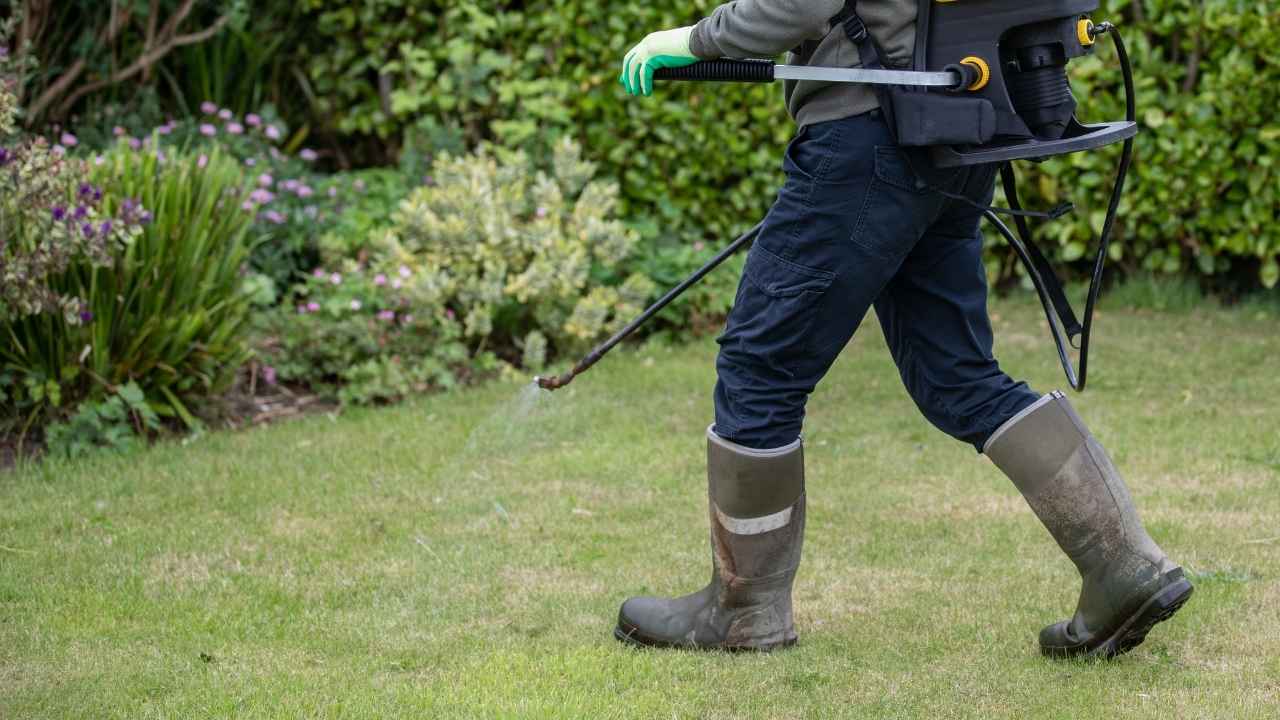Table of Contents
If you suffer from non-Hodgkin’s lymphoma, B- or T-cell lymphoma, chronic lymphocytic leukemia, hairy cell leukemia, or mantle cell lymphoma as a result of Roundup exposure, you could have grounds to pursue a lawsuit against Monsanto and Bayer, the manufacturers of Roundup. Recent studies have linked Roundup’s active ingredient, glyphosate, with serious illness, most notably non-Hodgkin’s lymphoma.
To pursue justice and compensation for a Roundup-related illness, you must be able to prove your claim. Proof needed for a Roundup lawsuit can vary depending on your claim. Typically, you will need to establish evidence of your illness, exposure to Roundup, losses you suffered, and the causal relationship between Roundup and your injuries. A Roundup lawsuit attorney can also help you understand the evidence requirements.
Getting Help is Easy
Call Us Anytime. Nights And Weekends, We’re Available.
A Trusted, Experienced Partner
Fill out the form on the top of the page and a case specialist will reach out to you.
No Fees Unless We Win
No Win, No Fee. You Don’t Pay A Penny Unless We Win Your Case.
Evidence to Prove Your Roundup-Related Illness
Most Roundup lawsuits relate to non-Hodgkin’s lymphoma, but other illnesses may qualify. To file a lawsuit for Roundup, a Roundup attorney must provide evidence of your non-Hodgkin’s lymphoma, B- or T-cell lymphoma, chronic lymphocytic leukemia, hairy cell lymphoma, or mantle cell lymphoma, which may include the following.
Diagnostic Imaging and Documents
Provide copies of your testing and imaging results. X-rays, CT scans, MRIs, blood tests, and other test results can prove the type, severity, and extent of your illness. This information also provides a date for your diagnosis, which helps ensure you meet the statute of limitations and other legal filing requirements.
Treatment Plans
Copies of your treatment plan can help prove the severity of your illness and establish proof of your financial losses. Chemotherapy, radiation therapy, surgery, medication, and rehabilitation are just a few treatments you can document for your Roundup lawsuit.
Medical Records, Bills, and Invoices
Medical records, bills, and invoices can show when and how you received a diagnosis and treatment for your Roundup-related illness. Records may also include essential notes from your doctor about your symptoms and their effect on your daily life. This information is crucial for recovering damages in a Roundup cancer claim.
Testimony From Medical Experts
Medical testimony from your doctor, oncologist, and other specialists can help substantiate the severity and extent of your illness. Medical experts can also provide important context about your illness and its effect on your daily life. For instance, a medical specialist can testify if your illness will result in long-term disability or explain your terminal diagnosis to the court.

Documents to Prove Your Exposure to Roundup
In addition to establishing your medical condition, a Roundup attorney must provide evidence to show that you were exposed to Roundup weed killer for at least three years.
Many people involved in Roundup lawsuits are landscapers, agricultural workers, and farmers regularly exposed to high levels of Roundup during their work. However, you could still seek compensation if you were exposed by living or working near areas where Roundup was applied.
Employment Documents
For those exposed to Roundup in the workplace, you may prove exposure by providing proof that you worked with Roundup. You may do this with pay stubs, schedule documentation, tax returns, and other financial documents that show you worked with a landscaper or other employer that used Roundup.
Witness Statements and Testimony
If you were exposed to Roundup in your work or at home, you could prove your exposure by obtaining witness testimony from people who knew of your Roundup use. For instance, you could obtain a letter or statement from your employer who can attest to using Roundup in regular work activities. Similarly, if you used Roundup for your personal gardening and landscaping, you could use testimony from individuals who saw you using the product.
Invoices and Receipts
You can prove your exposure to Roundup by providing evidence that you purchased the product. If your exposure was through work, your employer may have invoices, bills, or receipts for Roundup purchases that correlate with your exposure dates. You could also use personal receipts and invoices if you purchased Roundup for your personal use.

Studies and Other Evidence Tying Your Illness to Roundup Exposure
This may be the most challenging aspect of a Roundup claim. You must be able to show that the illness you suffered occurred as a result of your Roundup exposure. This is the reason most Roundup cancer claims come from victims with non-Hodgkin’s lymphoma.
Medical Research and Published Studies
Recent studies, such as a meta-analysis published in Mutation Research/Reviews in Mutation Research, show a connection between certain cancers, including non-Hodgkin’s lymphoma, and exposure to glyphosate. Side effects of Roundup exposure can be serious and life-threatening. To support your claim, you could use peer-reviewed studies to establish the relationship between your cancer diagnosis and Roundup’s active ingredient glyphosate.
Classified Monsanto Documents
While studies are still ongoing, classified documents from Monsanto, called “The Monsanto Papers,” have raised concerns about the manufacturer’s intentions. The available evidence implies that Monsanto and Bayer were aware of the potential risk of cancer associated with glyphosate exposure. Plaintiffs allege that Monsanto and Bayer should have warned consumers of the risk, and their failure to do so makes them liable for the illnesses caused by Roundup exposure.

Records to Prove Your Losses Due to Roundup Exposure
Finally, you must be able to show that your illness due to Roundup caused you to suffer losses. These losses may be economic losses, such as reduced income and medical bills, or non-economic, like pain and suffering.
Medical Bills and Invoices
When you file a lawsuit for Roundup exposure, you can recover medical expenses related to your illness. Bills, invoices, receipts, and other documentation of your medical care can help you substantiate the full scope of your losses.
In addition to recovering compensation for your diagnosis and treatment, you can also seek financial compensation for medical transportation, assistive equipment, prosthetics, medical devices, and prescription medication. Document all the expenses related to your medical condition so you can pursue the full scope of your medical losses associated with your non-Hodgkin’s lymphoma diagnosis.
Financial Statements and Pay Stubs
Lost income is a major source of financial distress for individuals in Roundup cancer lawsuits. You will likely miss work while attending doctor’s appointments for testing, diagnostic procedures, and treatments. Depending on your treatment, you may be unable to work for a period. If your illness is disabling or terminal, you and your family could lose critical income.
Financial statements, pay stubs, and household expense statements can help you substantiate your financial losses and secure the compensation you need.
Speak With a Roundup Lawsuit Attorney For More Information
Every Roundup weed killer case has unique circumstances that can affect your evidence-gathering needs. Contact The Goldwater Law Firm to discuss your Roundup exposure claim. During your free consultation, we can explain the proof needed for a Roundup lawsuit, advise on your next steps, and match you with a Roundup lawyer in your area.


